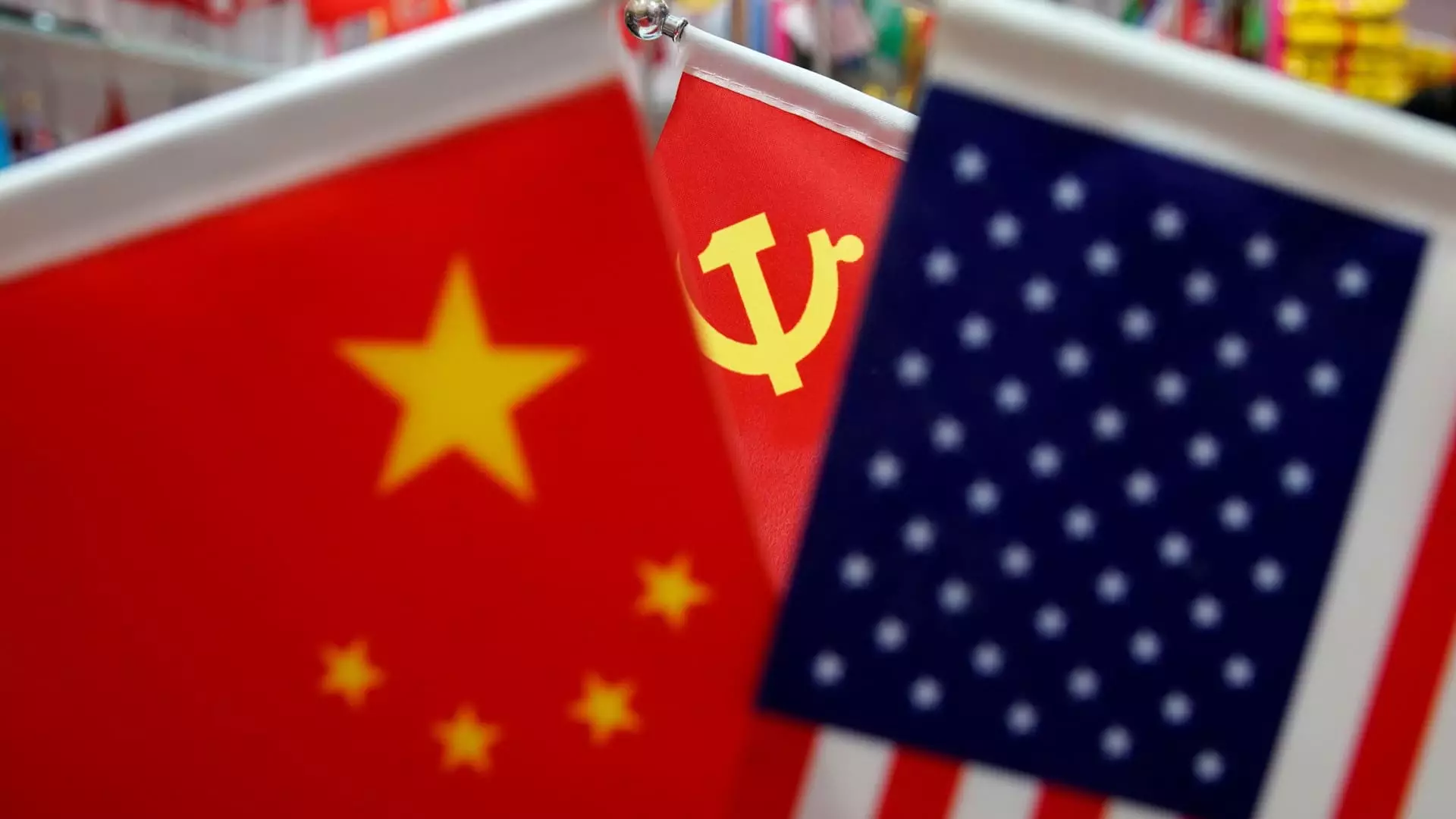In the sprawling landscape of global economics, the relationship between China and the United States underscores much of the volatility. As both nations navigate their respective challenges, the implications of U.S. electoral outcomes reverberate across the Pacific, affecting China’s fiscal strategies. Analysts are particularly focused on how the results of the U.S. presidential election could shape China’s stimulus plans, with predictions that a Trump victory would trigger a more aggressive fiscal response from Beijing compared to a Harris administration.
The U.S. presidential election not only influences domestic policies but also has profound implications for international relations and economic frameworks. With voting closing on a Tuesday local time, analysts predict that the outcomes could significantly dictate the size and scope of China’s stimulus package. Analysts like Ting Lu from Nomura have suggested that if Donald Trump were to win, China’s fiscal stimulus might increase by 10-20% compared to the scenario under Vice President Kamala Harris. This assertion stems from Trump’s history of implementing hardline tariffs that could further strain China’s export economy, currently grappling with sluggish domestic demand and a stricken real estate market.
While Trump has threatened steep tariffs on Chinese imports, Harris’s approach appears more aligned with continuity from the Biden administration, which has typically emphasized technology restrictions on China. This distinction hints that China may be more incentivized to bolster domestic demand as a growth strategy if tariffs increase under a Trump administration, laying the groundwork for extensive stimulus programs.
Despite the focus on external relations, much of China’s economic predicament is inherently domestic. From real estate slumps to reduced consumer spending, the challenges are multifaceted. Zhu Bin, chief economist at Nanhua Futures, emphasizes that China might need to pivot more towards domestic consumption as a growth engine in the face of increased tariffs. The growing dependency on homegrown demand hints at China’s recognition that robust internal economic measures are essential for resilience, reducing overreliance on international trade.
Even in the most favorable circumstances, experts like Zhu contend that a Trump presidency would necessitate a larger stimulus package aimed at counteracting these headwinds. The speculation raises crucial questions about the strategic depth of China’s economic planning, especially as trade tensions escalate.
The socio-economic landscape of China is inextricably linked to the dynamics in the stock market, unlike several years ago when the financial markets in China saw a lesser correlation to economic confidence. Political analyst Liqian Ren highlights the belief that, contrary to past practices, market volatility may guide the Chinese government’s approach to stimulus rather than external political developments.
As President Xi Jinping has called for enhanced fiscal and monetary policy support in recent weeks, the pressure on local governments to navigate fiscal constraints and manage real estate issues is rising. The Chinese stock market has seen lethargic gains following a surge, amplifying the need for solid policy guidance from the central government to inspire confidence.
However, with fears of excessive volatility gripping the markets, Ren suggests that the Chinese authorities may feel compelled to deliver a substantive stimulus, regardless of who occupies the White House.
Anticipated Debt Issuance and Financial Strategies
Current discussions about China’s financial strategies lean towards significant debt issuance as a potential avenue for stimulating growth. Reports indicate that China’s authorities may be contemplating debt exceeding 10 trillion yuan over several years. Economists are oscillating between predictions ranging from 4 to 10 trillion yuan in expected fiscal support, although any specific announcement remains uncertain.
The government’s previous deficit target was set at 3%, a slight adjustment from the previous year’s increase to 3.8%. This trajectory underlines China’s cautious fiscal planning, where local government initiatives play a critical role. Nevertheless, increased tax collection efforts on the local level have seen many local authorities tightening fiscal policies, counteracting the intended stimulus effect from central government measures.
As local authorities grapple with older tax collections and dwindling revenues from land sales, the central government is forced to reconcile stimulating growth while prudently managing debt. The looming cloud of additional stimulus directed largely towards banks, rather than direct consumer handing, raises concerns about whether these policies can effectively spur sustainable economic activity.
The intersection of U.S. electoral outcomes and China’s domestic challenges creates a complex scenario for Beijing’s economic strategies. As analysts sharpen their focus on the anticipated election results, the underlying reality remains that China’s economic health hinges on navigating both external pressures and internal reforms. With the global economy in flux, it’s clear that the path forward must involve a careful balance of stimulus-driven growth and prudent fiscal management, ensuring China’s economy remains resilient amidst growing uncertainties.

